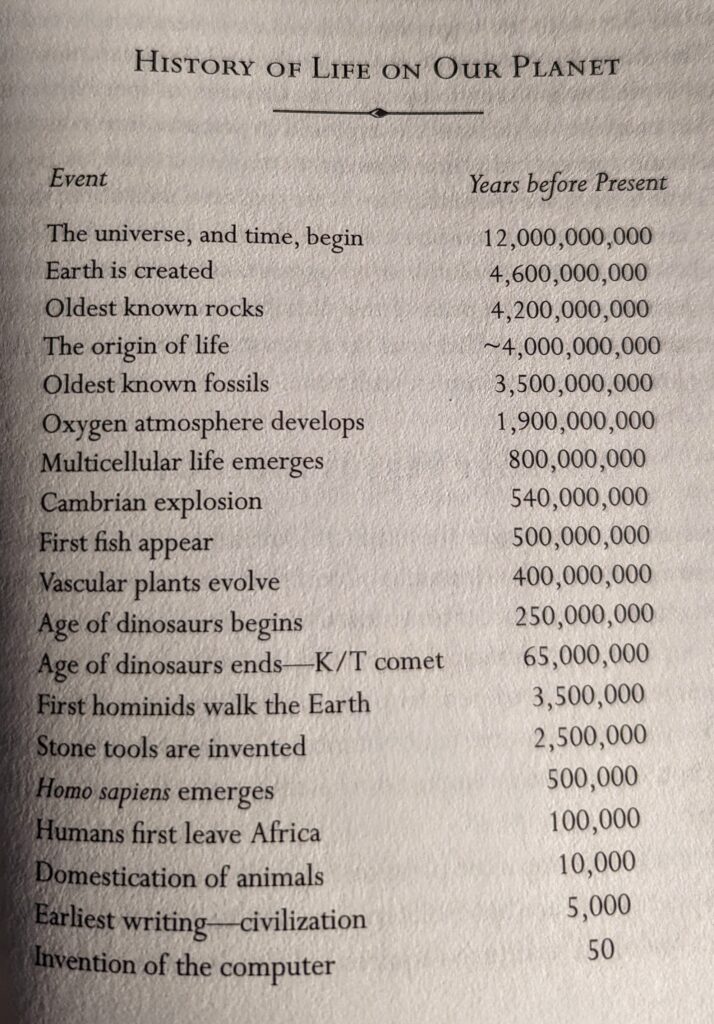Author: Fred Adams
My Rating: 2/5

After reading Astrophysics for People in a Hurry, I was interested in the galaxies and stars and the cosmos. I think that’s the appeal of Neil deGrasse Tyson, he makes things interesting. I thought it would make sense to try to go one level deeper, so I picked up Origins of Existence.
This book was exactly what I was looking for. In a lot of ways it was very similar to Astrophysics for People in a Hurry, but much more detailed and more in depth. And, not as interesting.
I think I’m interested in the cosmos, but the actual science of quarks and atoms and physics, isn’t so interesting. Fred Adams also put in a lot of “what-if” scenarios that, for me, were a little hard to follow. What if the strong force was a little stronger? What if the weak force was a little stronger?
The most interesting thing I found was that we seem to know so much about the cosmos. We know, or at least we think we have a good idea, about the big bang and the temperature of the universe within the first second it was created, and the number of protons, and how the strong force organized the universe. We know how the universe creates galaxies, stars, and planets. It’s really unfathomable to me that we know this stuff, or even have theories on it.
But what’s weirder, to me, is that we don’t have any clue as to where life came from, right here on Earth. We don’t have any solid theories. We don’t know what made something lifeless all the sudden come alive. And we don’t even have a good definition of what life is.
We see this type of thing frequently, but it is fun to reflect on how short of time humans have played in the world and in the universe. This chart is from the book:

…”imagine that the alpine monument of Everest represents the entire span of time that our universe has lived. Humanity’s share of that time span is marked by one inch of powdery snow dusting the summit. Just as we might hesitate to conclude that Everest exists to support that thin frozen layer, we should be similarly cautious in assessing humanity’s role in the cosmos.”